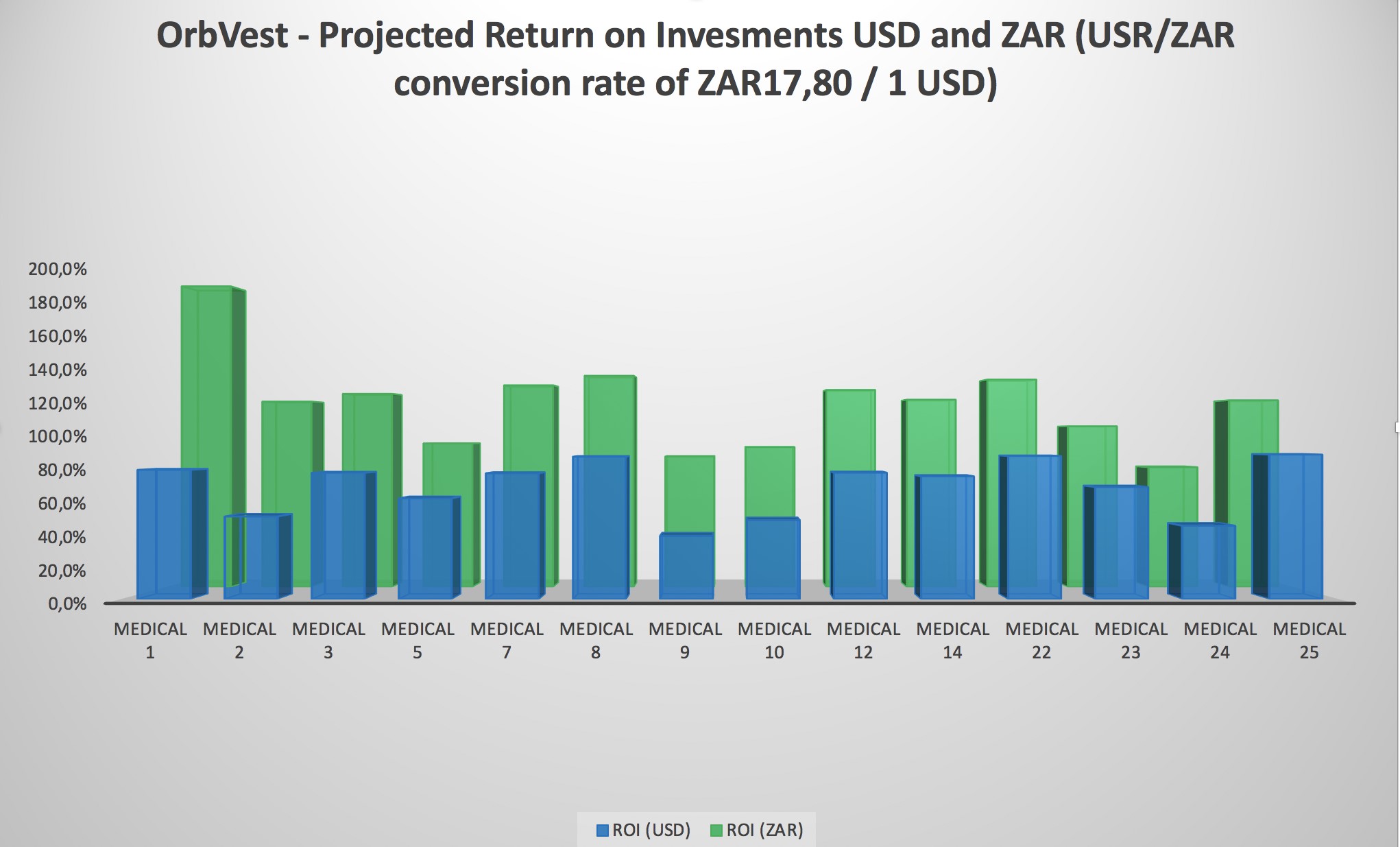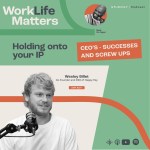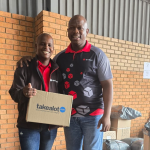Between 9 March and 8 April, the rand depreciated by 14.5% against the dollar. Investors in dollar-denominated gold would have earned 13.7% (since gold has weakened slightly, offsetting the rand gain). A South African with a purely domestic equity portfolio could have lost (on paper) up to 22% of value, which was the JSE All-Share Index’s worst point in the panic.
There’s no shortage of gloomy predictions for the rand, given the already-fragile state of the South African government’s finances. Government’s debt burden is going to soar in the wake of the Covid-19 pandemic, as its medical and social spending will surge at the same time as its tax revenues plummet. Predictions vary from a highly-optimistic “back to R15/$” to a more realistic “R21/$ within a year”.
With all this market noise, it is not surprising that investors are in a panic – some frantically trying to get money offshore and others afraid that they have already missed the boat.
For South Africans, the offshore boat should be a part of our lives – a sort of permanent around-the-world cruise for your money, preferably with a stable-currency country like the US as your ultimate destination. This is a long-term strategy and for that reason, your main concern should be the selection of the right investments to meet your goals rather than the timing of moving your rands offshore.
Is R19/$ a once-off, all-time worst rate for the rand? We don’t think so. Over the long run, the rand has depreciated continuously against the dollar. There was general shock and disbelief when the rand went above R16/$ in the wake of Nenegate. Subsequently, it has traded above R16/$ on several occasions. From R19/$, R20/$ is a small step – especially given the scale of the fiscal and economic problems that face our government. In retrospect, moving your money into offshore assets at R16/$ was not a bad strategy and the same will be true of R19/$ looking back in time.
Protecting your assets against a loss of value over time is critical. Traditionally, the assets that have appealed to conservative investors are either gold or property. The disadvantage with gold is that it can underperform for very long periods (with sudden bursts of outperformance) and does not pay a dividend.
Property does pay a dividend, but a chart of the performance of the JSE’s Listed Property Index shows that it is not a one-way bet. After ten years of steadily rising capital appreciation from 2010 to 2018, the index started to plunge and is now just over one-third of its early 2018 level.
Property is not a single asset class. It includes retail, office, industrial and logistics, each of which performs differently according to the economic cycle and depending on where it is located. Within each sector are niches, which can outperform (or underperform). Some commercial real estate categories are being disrupted by technology and change in human behaviour and this pandemic will certainly change the way we work at the end of it. Ideally, a conservative investor wants to be in a niche property sector that is relatively resilient to cycles, so that dividends and capital growth can be relied upon.
OrbVest has specialised in medical property in selected states in the US with stable, growing returns as a primary consideration. Our first choice of location is states like Texas where local regulations are extremely business-friendly, which attracts a growing number of professionals and entrepreneurs. Our first choice of property is a high-quality building with near full occupancy by medical professionals, who are long-term, creditworthy tenants. These buildings are in high demand, which is evident in the fact that the capitalisation rates (the ratio of nett operating income to the value of the real estate) have been falling in the past few years.
Each building in our portfolio are separately listed and are not REITs or property funds, where investors hold a share in a portfolio of properties. Most important to note they are valued on the underlying asset and not as susceptible to market sentiment as a traded REIT or Fund. Our medical office buildings typically have a 5-7 year investment horizon. Our average yield over six years is consistently paying out more than 7% a year, in fact closer to 2% paid quarterly, with capital growth delivered at the end of the period. The following graph shows the total return from each building over its investment term, demonstrating that the return on investment in rands, assuming a rand/dollar exchange rate of R17.80/$, can be up to twice as much as the return in dollars.

Although the trajectory of the rand/dollar is determined only partly by South Africa’s internal events, and more by the performance of the dollar against other currencies, we do not believe that the dollar will begin to weaken significantly from this point. The recent US Federal Reserve rate cut to zero and the spike in the latest unemployment data are, we believe, only temporary events. The US economy has significantly more underlying strength than the South African economy which will enable it to recover rapidly once the Covid-19 pandemic is under control. Unfortunately, given the scale of its structural problems, SA’s economic recovery is likely to be far slower.
It is not too late to hedge against a falling rand, which could potentially drop by another 8-10%. OrbVest’s potential returns suggest it could offer an alternative option in a well-diversified low risk, future-proofed offshore portfolio. DM

Attribution: Justin Clarke is the COO of OrbVest, a company hyper focussed on finding and acquiring medical commercial real estate in fast growing states in the USA. Investors can co-invest in these buildings for as little as $5000.



















 Become an Insider
Become an Insider